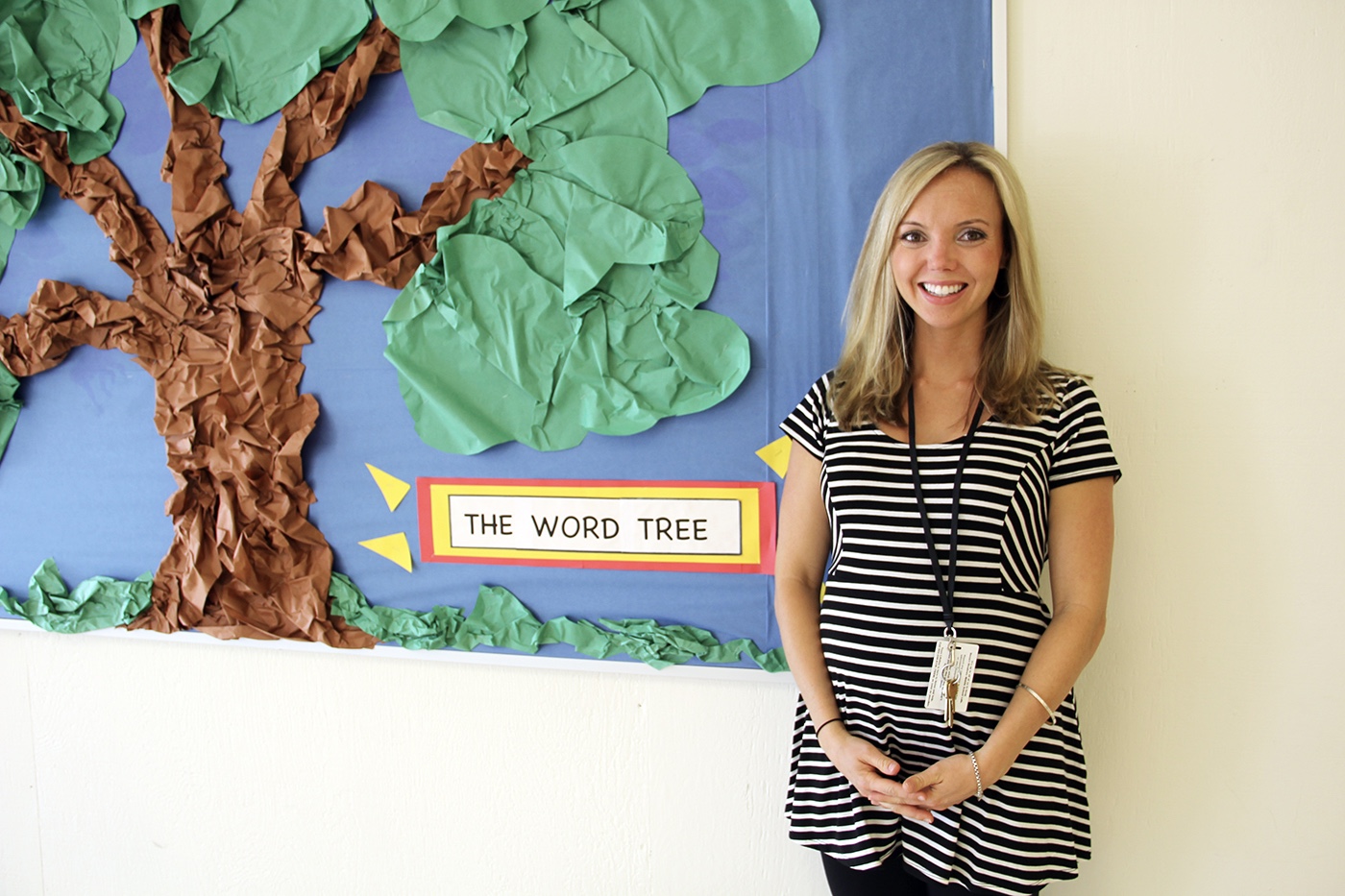August 24, 2016
Meet a Speech Pathologist From PVSchools
Ever wonder how a speech pathologist impacts student learning? We got answers straight from the source. Meet Taylor Foley, a speech-language pathologist from the Paradise Valley Unified School District.
Teachers wear numerous hats throughout the day, so when it comes to specific speech and language needs, it’s no wonder we call on those with pinpointed expertise. Foley is a speech-language pathologist in the Paradise Valley Unified School District at Desert Shadows and Explorer Middle Schools. The University of Arizona alumna, who previously worked in a hospital setting, says venturing into the classroom felt natural.
“I grew up in a family full of teachers. My mother, grandmother, aunt, and grandfather were all educators. I spent many hours at school, helping my mother in her classroom or grading papers at night or on the weekends,” Foley explains. “Watching my mother's incredible dedication and devotion to her students helped to foster my passion for helping others.”
With her upbringing, you might wonder why she didn’t pursue education as a profession. Foley says her interests in science and the human body pulled her in another direction: an introductory speech course, as suggested by the speech-language pathologist at her mother's school.
Foley says she was instantly hooked, and combined her interest in science and her passion for teaching others. “I am motivated by the selflessness of educators who devote themselves to impacting the lives of students by helping each one feel loved, included, and empowered as they grow into productive, young members of society,” she says.
This is Foley’s second year working for PVSchools, which has about 70 speech-language pathologists. She says what she enjoys most about her career is the diversity of being able to work in different levels of education and in various settings, including general-education, resource classrooms, and self-contained programs.
“Interestingly, most of my favorite ‘classroom’ memories do not take place in the therapy room. Teaching students about social pragmatics and communication is one of my favorite subjects. Often, it’s one of the more difficult concepts for our students to understand,” she explains. “Watching them outside of therapy, at lunch or in the halls, is a fantastic insight into how they grasp social thinking. I love to see students independently practice the techniques they have learned in therapy and watch them generalize the concepts to their own lives.”
Foley admits the key to speech-language success is for all stakeholders to work as a team, with the end goal of molding the student into a well-rounded individual.
“Communication impacts all areas of a student in personal, intellectual, emotional, and social ways. As speech-language pathologists, we seek to look at the bigger picture and the whole student,” she says.
And that’s why speech-language pathologists work very closely with teachers, parents, and staff to help each student meet his or her needs. “From ensuring that teachers are aware of and understand a student's accommodations or modifications, to collaborating with teachers about specific projects and tests, working together is key. As a result, teaming up with different professionals to help a student leads to higher-level thinking, problem-solving, and ultimately a better outcome for the student.”
Is there an educational professional you’d like to see featured? Comment below to recommend a friend or colleague.











